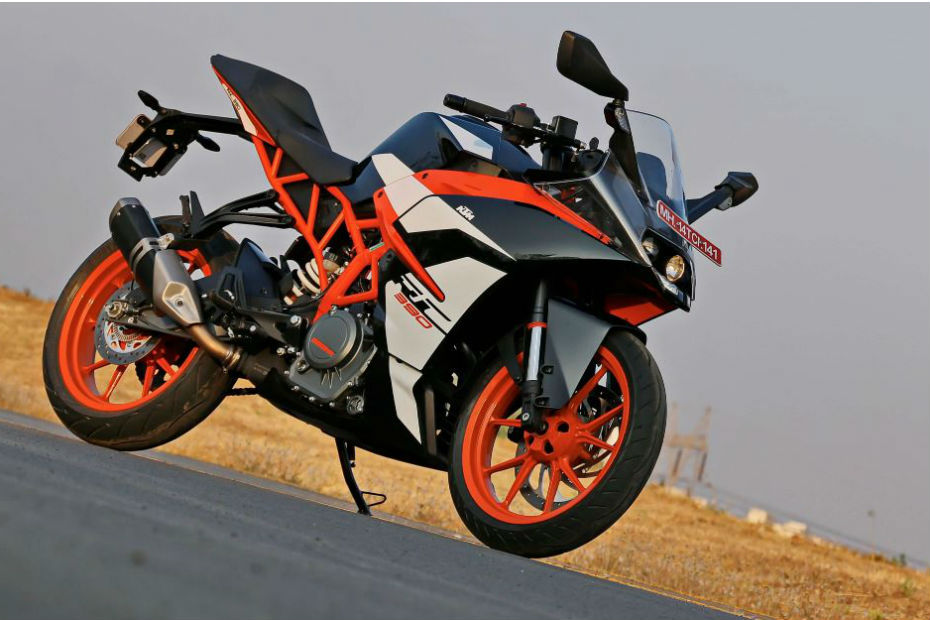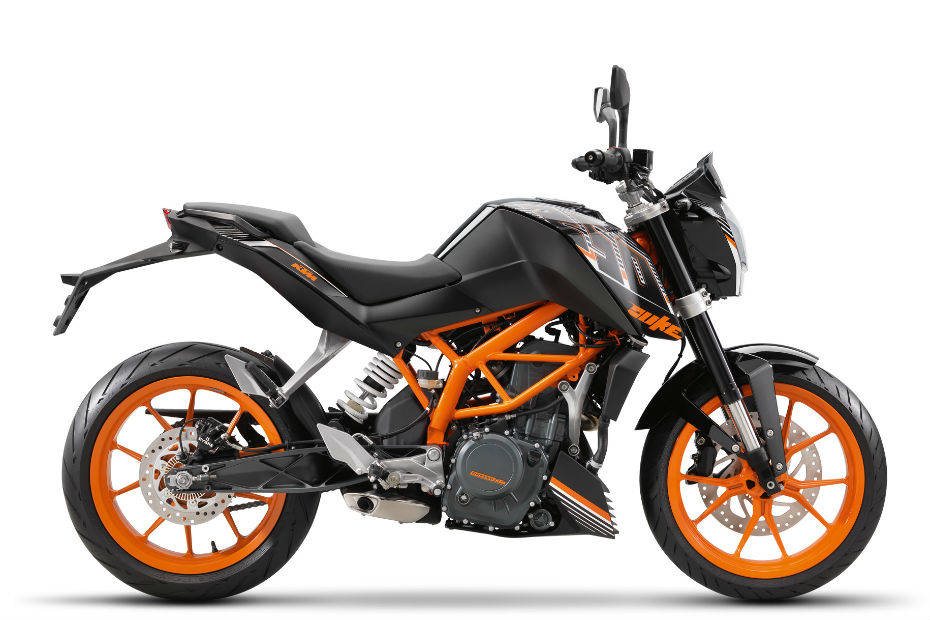Bajaj Auto To Set Up Assembly Unit In Indonesia This Year

The Pune-based bike manufacturer is waiting for clearances to start assembling KTM models up to 400cc in ASEAN’s largest two-wheeler market to save tax and reduce costs

Last year, Bajaj Auto began offering motorcycles from its Austrian partner KTM in Indonesia via the CBU (completely built unit) route through its wholly-owned subsidiary PT. Bajaj Auto Indonesia. Now, the homegrown bike manufacturer has announced that it will be setting up an assembly plant there so that it can export CKD (completely knocked down) kits of KTM motorcycles that are already on sale in the country. These include models such as the 200 Duke, 250 Duke, 390 Duke, RC 200, RC 250 and the RC 390. The move will help the bike manufacturer price the bikes more competitively, while also helping it save a substantial amount in the form of reduced import duties for CKD kits (CKD).
PT Bajaj Auto Indonesia has been tasked with the responsibility of setting up the operation. It is currently under the process of seeking the necessary approvals, said the company in its annual report. Bajaj also said it plans to kick-off its operations this year.
The annual report reads, “The plan for PT. Bajaj Auto Indonesia is to spearhead the development of KTM and Bajaj partnership and bring the jointly developed products into Indonesia. To take this further, all the required manufacturing, import and business licences have been renewed. Further, studies on the product acceptability have been conducted, which look favourable. In addition, CKD configurations have been created and the process of seeking clearances for these configurations has started. The company plans to kick off the business operations for PT. Bajaj Auto Indonesia in the current year with the CKD production in Indonesia.”

Bajaj Auto’s Indonesian subsidiary, which started life by offering the Pulsar range of motorcycles back in 2005, will also help the Pune-based bike manufacturer to coordinate with local distributors to build brand network and develop a supply chain for a more efficient distribution of its CKD products. Although the sales of sports bikes took a hit in Indonesia last year, the company is hopeful that the latest move will help revive the segment. Moreover, Indonesia’s current account deficit of 1.8 per cent when compared to 2 per cent last year should help offer a more stable currency regime, which is good news for international businesses to operate successfully in the country.
This Story has not been edited by ABP News. It has been published through bikedekho.com feed directly.





































